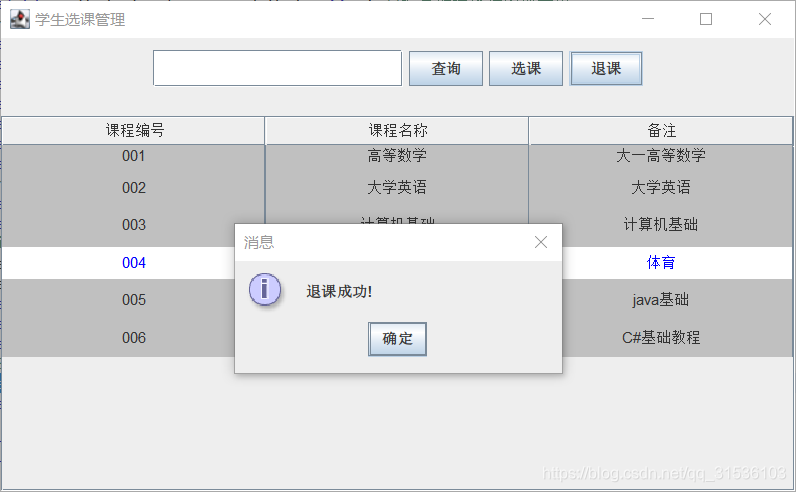// 下面是从libco中导出的宏
#include <iostream>
using namespace std;
/*
以下是计算参数的个数,最多支持7个参数
*/
#define comac_get_args_cnt( ... ) comac_arg_n( __VA_ARGS__ )
#define comac_arg_n( _0,_1,_2,_3,_4,_5,_6,_7,N,...) N
#define comac_args_seqs() 7,6,5,4,3,2,1,0
#define comac_join_1( x,y ) x##y // 将两个名字变成一个字符串"xy"
#define comac_argc( ... ) comac_get_args_cnt( 0,##__VA_ARGS__,comac_args_seqs() )
#define comac_join( x,y) comac_join_1( x,y )
// 以下是用作重复,fun是下面typeof中的一种,重复次数取决去参数个数
#define repeat_0( fun,a,... )
#define repeat_1( fun,a,... ) fun( 1,a,__VA_ARGS__ ) repeat_0( fun,__VA_ARGS__ )
#define repeat_2( fun,a,... ) fun( 2,a,__VA_ARGS__ ) repeat_1( fun,__VA_ARGS__ )
#define repeat_3( fun,a,... ) fun( 3,a,__VA_ARGS__ ) repeat_2( fun,__VA_ARGS__ )
#define repeat_4( fun,a,... ) fun( 4,a,__VA_ARGS__ ) repeat_3( fun,__VA_ARGS__ )
#define repeat_5( fun,a,... ) fun( 5,a,__VA_ARGS__ ) repeat_4( fun,__VA_ARGS__ )
#define repeat_6( fun,a,... ) fun( 6,a,__VA_ARGS__ ) repeat_5( fun,__VA_ARGS__ )
#define repeat( n,fun,... ) comac_join( repeat_,n )( fun,__VA_ARGS__)
// 以下是功能
/*
decl_typeof宏的作用是为参数类型取别名
impl_typeof 是创建对应类型的引用
impl_typeof_cpy 是创建类型对象
con_param_typeof 是创建变量名
param_init_typeof 是通过初始化列表初始化变量
*/
#if __cplusplus <= 199711L
#define decl_typeof( i,a,... ) typedef typeof( a ) typeof_##a;
#else
#define decl_typeof( i,a,... ) typedef decltype( a ) typeof_##a;
#endif
#define impl_typeof( i,a,... ) typeof_##a & a;
#define impl_typeof_cpy( i,a,... ) typeof_##a a;
#define con_param_typeof( i,a,... ) typeof_##a & a##r,
#define param_init_typeof( i,a,... ) a(a##r),
#define co_ref( name,... ) \
repeat( comac_argc(__VA_ARGS__) ,decl_typeof,__VA_ARGS__ ) \
class type_##name \
{ \
public: \
repeat( comac_argc(__VA_ARGS__) ,impl_typeof,__VA_ARGS__ ) \
int _member_cnt; \
type_##name( \
repeat( comac_argc(__VA_ARGS__),con_param_typeof,__VA_ARGS__ ) ... ): \
repeat( comac_argc(__VA_ARGS__),param_init_typeof,__VA_ARGS__ ) _member_cnt(comac_argc(__VA_ARGS__)) \
{} \
} name( __VA_ARGS__ )
int main(int argc, char **argv)
{
int total = 100;
co_ref(ref, total);
cout << ref.total << endl;
cout << comac_argc( 0, 1, 2) << endl;
return 0;
}
运行后结果

// 预处理后
typedef decltype( total ) typeof_total;
class type_ref {
public:
typeof_total & total;
int _member_cnt;
type_ref( typeof_total & totalr, ... ): total(totalr), _member_cnt(1) {}
} ref( total );
cout << ref.total << endl;
cout << 3 << endl;
下面详细解释下如何计算参数个数的
// 重点就在这三个宏
#define comac_get_args_cnt( ... ) comac_arg_n( __VA_ARGS__ )
#define comac_arg_n( _0,_1,_2,_3,_4,_5,_6,_7,N,...) N
#define comac_args_seqs() 7,6,5,4,3,2,1,0
// 这个宏是为了方便使用而写的
#define comac_argc( ... ) comac_get_args_cnt( 0,##__VA_ARGS__,comac_args_seqs())
原理就是占位,前面的参数占位后,会将comac_args_seqs()往后移动,占用几位会移动几位
这样就会使用N永远对应着正确的数字,如果想要在增加想要计算的参数个数,可以如下
#define comac_arg_n( _0,_1,_2,_3,_4,_5,_6,_7,_8, N,...) N
#define comac_args_seqs() 8,7,6,5,4,3,2,1,0
comac_get_args_cnt( 0,##__VA_ARGS__,comac_args_seqs())这个宏的第一个参数是0,意味着当无参数时会主动占用一位,此时N对应的正好是0
// 下面一步一步的展示预处理结果
comac_argc(); // 无参情况下计算参数个数
// 预处理
comac_get_args_cnt(0, comac_args_seqs())
// 预处理
//comac_arg_n(_0,_1,_2,_3,_4,_5,_6,_7, N,...)
comac_arg_n( 0, 7, 6, 5, 4, 3, 2, 1, 0);
// 此时N对应的数字正好是0,所以comac_argc()返回的结果就是0
// 当为一个参数时
comac_argc("Hello World");
comac_get_args_cnt(0,"Hello World", comac_args_seqs());
//comac_arg_n(_0, _1,_2,_3,_4,_5,_6,_7, N,...)
comac_arg_n( 0, "Hello World", 7, 6, 5, 4, 3, 2, 1, 0);
// 此时N对应的数字正好是1
后记
当第一次看见这个宏时还不清楚是干什么的,所以未在意,但是在读源码过程中发现必须得先清楚的了解这个宏后才能继续读,所以进行了分析。起初是先自行分析,发现进展不大,就写代码,预处理
但是对于comac_argc这个宏来说预处理结果就是一个数字,所以自己只能通过一步一步的替换来分析,好在功夫不负有心人,弄明白了。最后再说下libco写下这个宏的作用,其实上述是经过我删减的,libco中co_func是一个函数宏,就是给定函数名,函数体由自己实现,这个宏的作用是为协程创建闭包用的
int total = 100;
vector<int> v2;
co_ref(ref, total, v2, m);
for (int i = 0; i < 10; i++)
{
co_func(f, ref, i)
{
printf("tid: %d; ref.total %d i %d\n", gettid(), ref.total, i);
// lock
pthread_mutex_lock(&ref.m);
ref.v2.push_back(i);
pthread_mutex_unlock(&ref.m);
// unlock
}
co_func_end;
v.push_back(new f(ref, i));
}
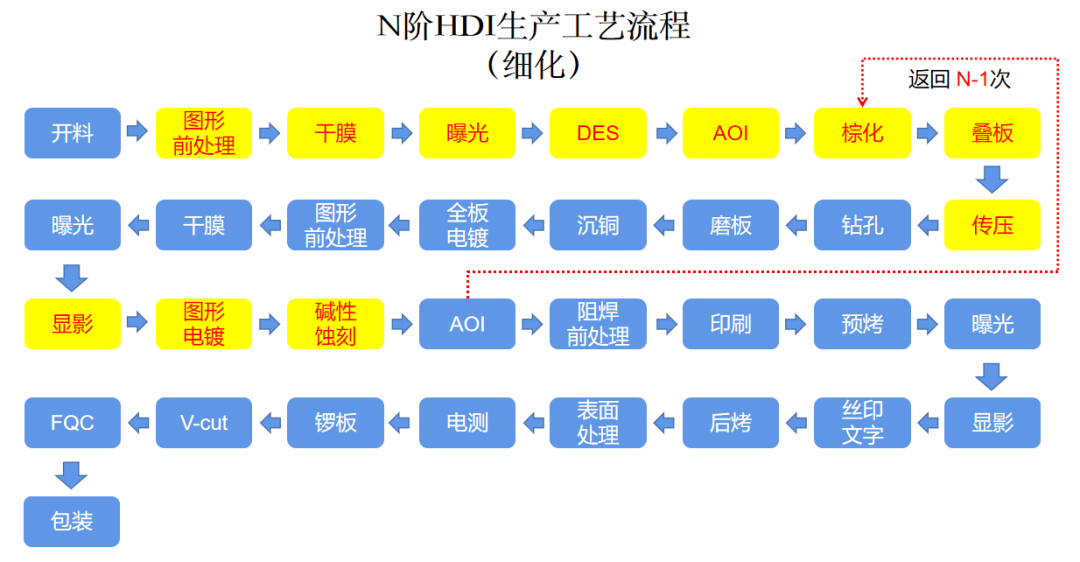
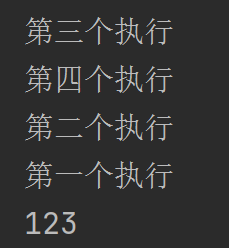




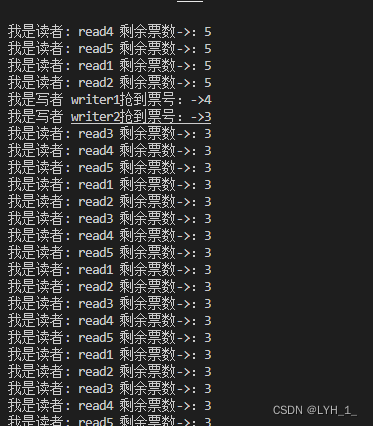

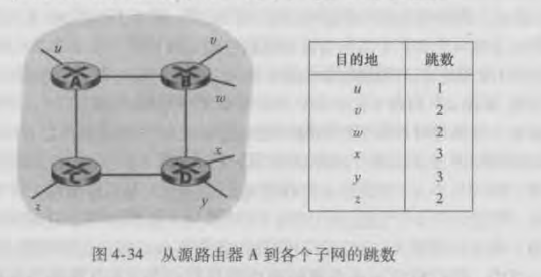
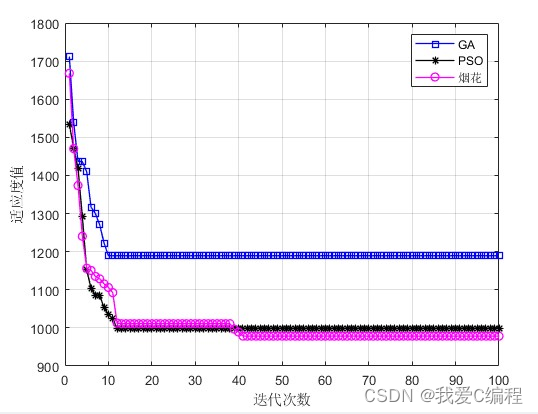



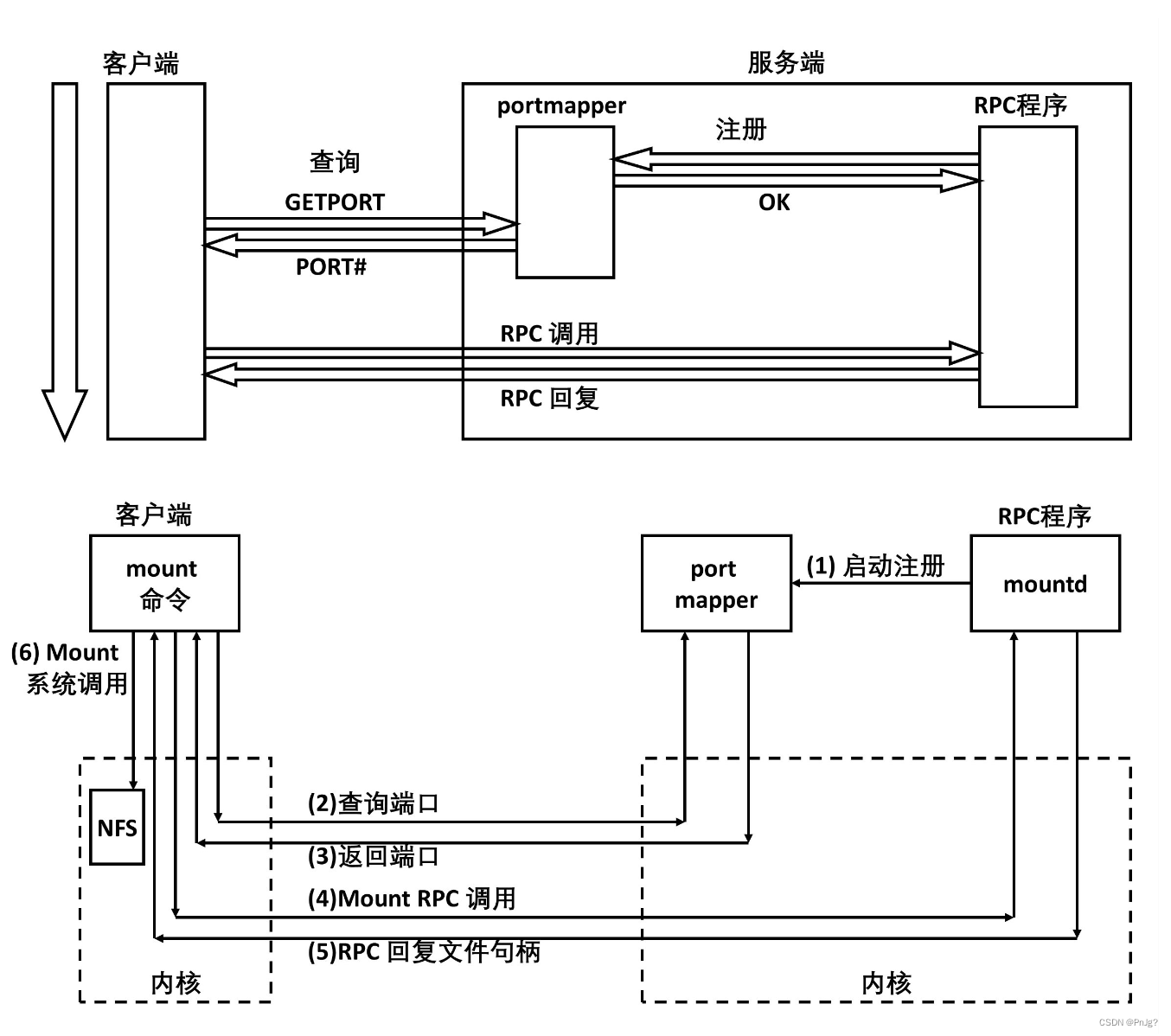

![[附源码]Nodejs计算机毕业设计基于大数据的高校国有固定资产管理及绩效自动评价系统Express(程序+LW)](https://img-blog.csdnimg.cn/7cc84db7a45b4769b5719edf90fc5a30.png)

